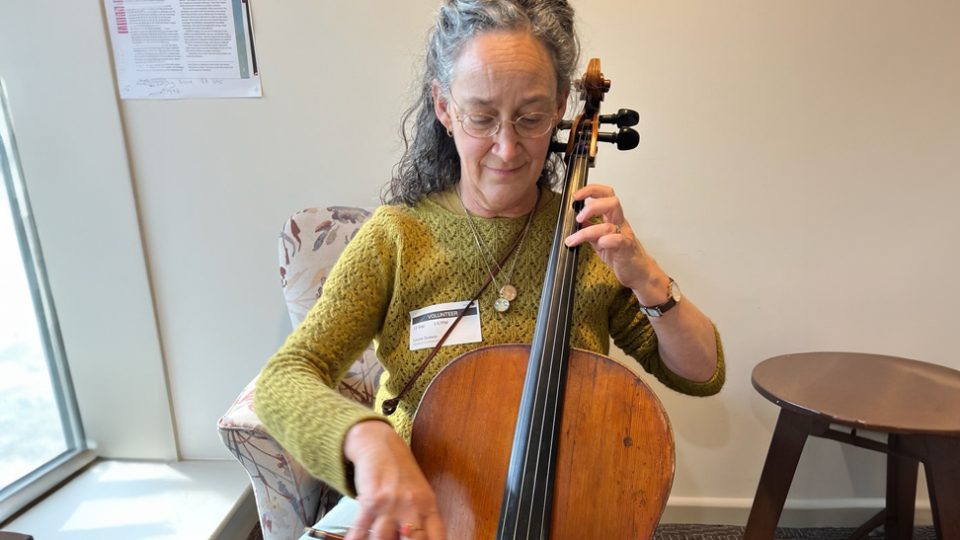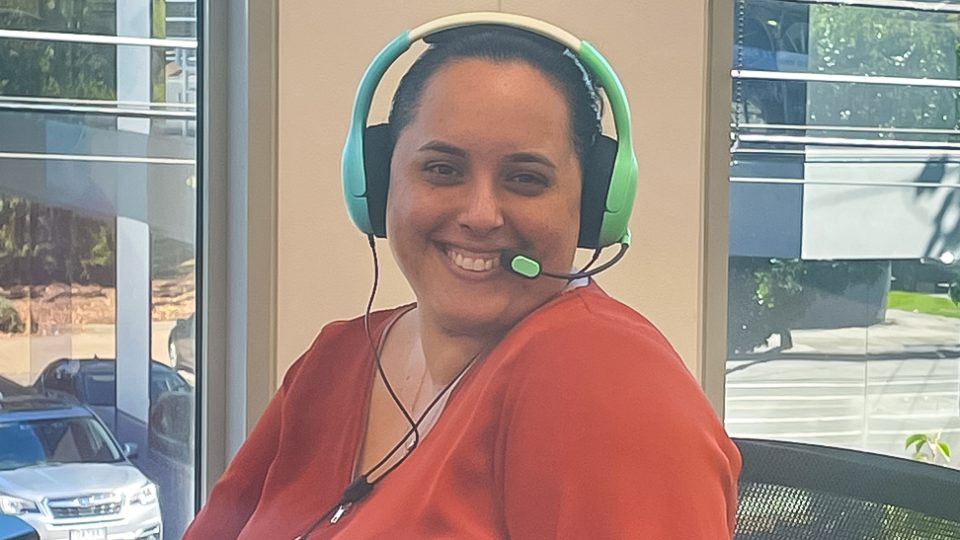For many older adults, driving represents independence, freedom and the ability to stay connected to their communities.
While there’s no fixed age when everyone should stop driving in Australia, it’s true that as we grow older, our abilities can change, including our ability to drive safely. This can be a difficult conversation to have with your loved one, but prioritising the safety of them and others driving on the road is paramount.
There’s no single answer for when it’s time for stop driving, but there are some important factors to explore and some telling signs to consider.
- Vision and Hearing: as we get older, our vision, reflexes and hearing may change. Older people need to be confident that they can still see road signs and traffic signals clearly, along with other vehicles and pedestrians. Similarly, hearing loss can make it harder for someone to hear car horns and sirens from emergency response vehicles.
- Medications: Some medications can cause drowsiness or affect your mental alertness, impacting on a driver’s reflexes and response times. Always check with your General Practitioner (GP) about whether they recommend any precautions associated with your medicines and impacts on driving.
- Medical conditions: Certain medical conditions may affect your ability to drive safely, for example, diabetes, dementia and sleep disorders. VicRoads publishes a list of medical conditions that may impact your driving here – or speak to your doctor about how your specific conditions may affect your ability to drive safely.
External warning signs
Quite apart from a person’s individual health and fitness, there may be more obvious warning signs that it’s time for an older driver to reconsider whether they are safe on the road.
- Traffic fines: when someone’s judgement or ability to process information has become impaired, they may be more inclined to take risks on the road, including speeding or failing to look out when changing lanes. If you’ve noticed that you’re regularly getting speeding tickets or fines for traffic infractions, it might be time to consider talking to your doctor about your fitness to drive. The reverse is true also – if you find that you are travelling a lot more slowly than the speed limit and other drivers are honking their horns at you, then this will also be cause for concern.
- Body damage on the car: if you notice your older loved one has damage on their car, then consider asking them how the damage occurred. This could be a sign of someone who’s judgement about distance and speed is impaired.
- Getting confused on the road: if you notice that your loved one is getting lost on familiar routes and calling you for assistance, forgetting traffic rules or having difficulty concentrating, this could be a sign of cognitive decline impacting on their ability to drive safely.
- Lapses in concentration/risky driving: if you travel with your loved one and notice that they are hitting street gutters or parking lot bollards without noticing, then it might be time to talk to them about whether it’s safe for them to be on the road.
Tips on having the conversation about safe driving
Talking to your loved one about giving up driving can be emotionally charged. Here are some tips for having a more productive conversation about this sensitive topic:
- Choose the right time and place: pick a calm moment when you can both talk openly and honestly.
- Focus on safety: frame the conversation around their safety and the safety of others.
- Express empathy: acknowledge the importance of driving for independence and that you understand that it may be confronting to think of not being able to drive.
- Offer alternatives: explore alternative transportation options like public transport, ride-sharing options/taxis or offering to arrange delivery of grocery shopping (or give them a lift to the supermarket).
- Be patient: you might need to have more than one conversation. Allow time for your loved one to adjust to the idea – they may not be able to make this big step right away.
- Involve their GP: doctors can provide guidance to you and your loved one and assess their fitness to drive.
- Refer to online guidance from your local road safety organisation: organisations like VicRoads in Victoria provide helpful factsheets for older road users, explaining how ageing can affect people’s ability to drive safely.
In conclusion, the decision to stop driving is a personal one. By recognising the signs, having open conversations and exploring alternative transportation options, we can ensure the safety of our loved ones and ourselves on the road. It’s about striking a balance between safety and maintaining a sense of independence for our aging population. Remember, giving up the keys can be a positive step towards a longer, safer and more fulfilling life. And safety on the road benefits everyone.
Community news
-

Staff Spotlight: A Day in The Life of a Foster and Kinship Care Practitioner
Rachel Binger is a Foster & Kinship Care Practitioner at Baptcare’s Ulverstone Hub in Tasmania. She starts the day with penguins, ends it with bingeable television, and in between supports everyday superheroes: foster carers.
- 02 Apr 2025
-

Volunteer Spotlight: Louise Godwin and her cello
Our Baptcare volunteers are amazing and it is always wonderful to have the chance to get to know them and learn a little about why they volunteer with Baptcare. Louise, a relatively new volunteer at Baptcare Karana Residential Aged Care community, tells us all about her musical talents and why she volunteers her time twice a week to play cello for the residents.
- 01 Apr 2025
-

Staff Spotlight: A day in the Life of a Customer Enquiry Consultant
Hi, my name is Isabelle Oehler, and I have been working in the Customer Enquiry Centre (CEC) for a little over three years. Essentially, we are the first point of contact for prospective enquiries – acting as the ‘front door’ to Baptcare.
- 21 Mar 2025

